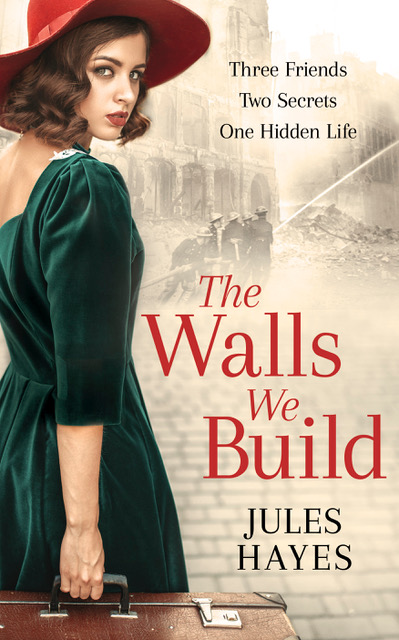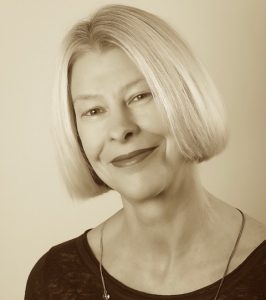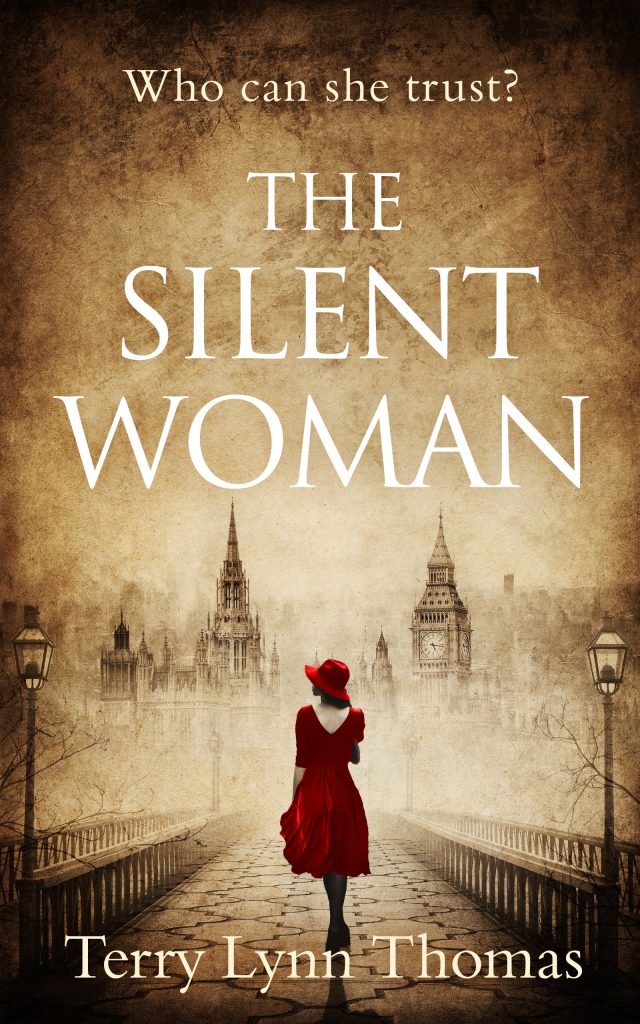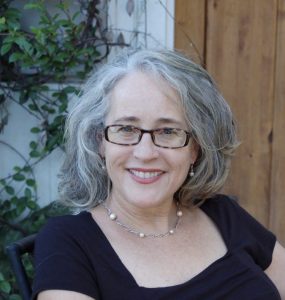After a bit of a break, I’m pleased to be bringing back my #openinglines blog feature.
It’s always a pleasure to share the work of fellow authors, but this time it is particularly good to be able to share with you the first 500 words of a novel written by one of my former students.
I knew James had what it took to become a fabulous writer the moment I read the first short story he created for me a mini-fiction class a few years ago.
Over to you James…

Blurb
Seemingly abandoned by their parents, siblings Lena and Alek are caught up at different ends of a war – while Lena designs propaganda posters in Plymouth, Alek is forced into the army. Both dream of escape, of another life … but as the war continues and they find each other, they start to question who they can really trust.
When survival is everything, is everyone an enemy?
“It’s brilliant. I was completely engrossed. This isn’t the type of novel I would typically read but I was riveted.” Leslie Wells.
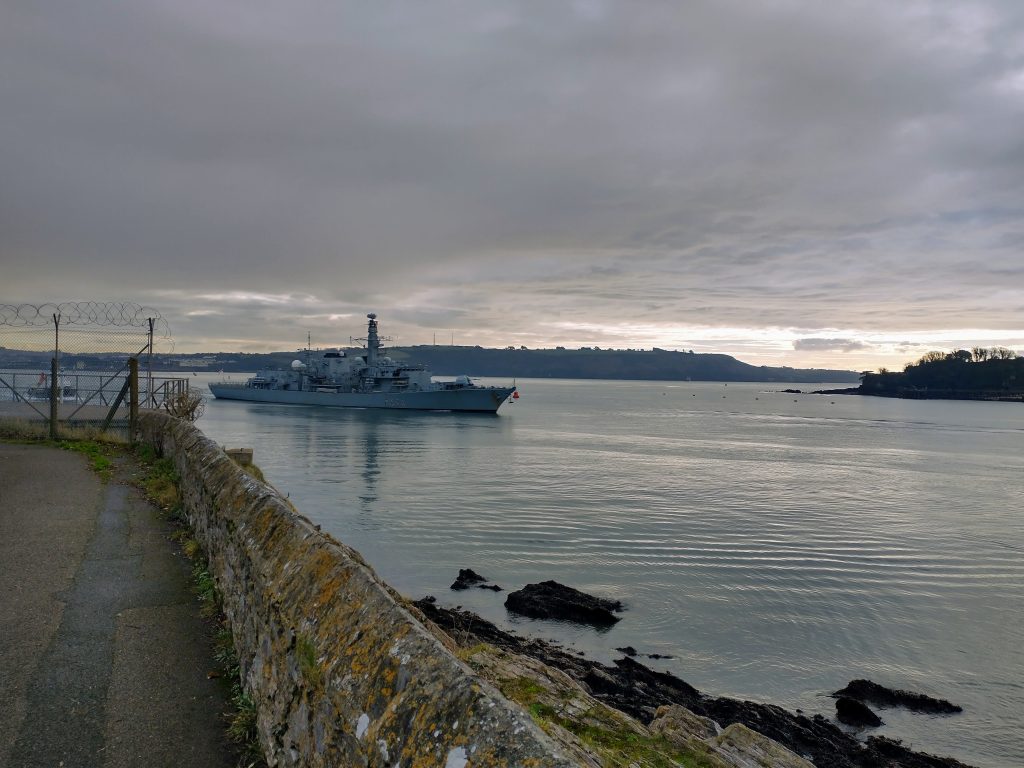
Introduction
“Bad men need nothing more to compass their ends, than that good men should look on and do nothing.” John Stuart Mill.
In order to set the background of the story, I read a lot of books about East Germany. I wanted to tell a story about what could happen to young people if they didn’t pay attention to the world around them. What would a group of young women do to get food on the table and shoes on her feet?
As fast as I could write the dystopian aspect of this novel, real events were catching up with the fiction. I wrote about conscripts being used in a political war in the second piece I ever sent to Jenny.
In the week of publication of The Poster, the head of the British armed forces stated that conscription would have to be introduced in a war with Russia. I am hoping no further similarities occur.
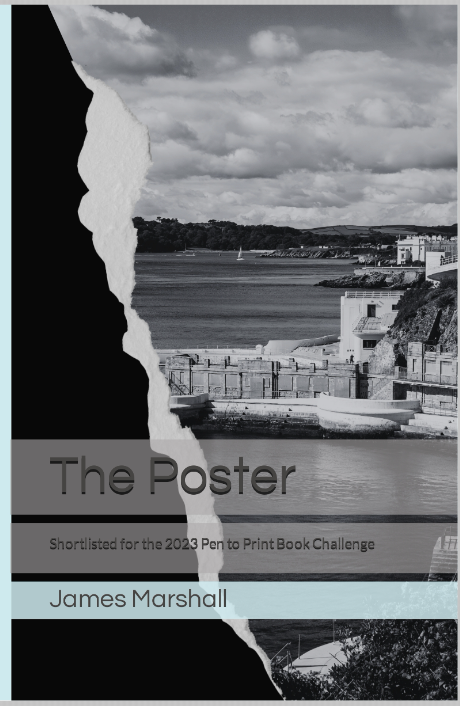
Opening 500 words of The Poster
Alek Wasilewski hurdled the yellow gorse bush and sprinted towards the cover of a low stone wall. The enemy was dug in on the edge of a copse seventy-five metres ahead. Alek pushed his heavy helmet back up over his sweaty forehead, his chest heaving as he tried to regain his breath. His section commander, Swales, was signalling to the rest of the boys to catch up.
‘Get a fucking move on,’ Swales said.
Alek wiped his palms on his combat trousers. His neck ached from the rifle sling and helmet strap, his calves were burning from his too-tight combat boots, and he needed to pee.
Swales made several hand signals to accompany his instructions to the section. ‘We’ll have to go around to the left following the stone wall.’ He pointed at Murdo and Trowbridge. ‘You two stay here and lay down covering fire. The rest of you, follow me.’
Alek gripped his empty rifle and bent as low as he could to follow Swales, keeping his head below the wall. His knees groaned after thirty metres and screamed after sixty. He sighed when Swales held up his fist to signal a stop.
‘Hold it here.’ Swales dropped to his stomach.
Alek copied Swales and wriggled forward, thankful that his legs could rest.
‘Check ammo; fix bayonets,’ Swales said. ‘Ski and I will take the left trench. Evans and Williams, the middle trench, and you two –’ Swales pointed at the last members of the section – take the right-hand trench.’
Alek pretended to check his ammo and fix his bayonet. They had neither ammo nor bayonets but had to go through the motions.
‘Ready?’ Swales said.
Alek nodded.
‘Go!’ Swales jumped over the wall.
Alek vaulted the wall and then ran forward. ‘Bang, Bang!’ he shouted, firing invisible rounds from the hip.
Swales dropped to one knee, yelling, ‘Bang, bang!
Alek ran past him and knelt, aiming at the two men in the left trench who were also shouting ‘bang’ as Swales ran a zig-zag pattern to the edge of the trench. Alek leapt up to sprint and jumped into the trench.
‘Bang, bang!’ He pointed his rifle at the enemy soldier still standing.
The soldier did a theatrical spin and dive, clutching his chest and wriggling his legs before letting out one last groan. He grinned at Alek.
‘Stop! End-Ex,’ Corporal Sanderson, their training instructor, shouted from above them. He waved his clipboard in the air and beckoned the support soldiers up to the position. ‘Well done, Swales,’ he said. ‘Good effort from your team.’ He pointed to Murdo and Trowbridge as they walked towards the copse. ‘I can see why you put those slackers in the fire support team.’
Swales turned and winked at Alek.
Alek slumped to the bottom of the cool trench and blinked as salty sweat ran into his eyes. He took a swig of the lukewarm water from his canteen, wishing it was ice-cold lemonade. He had forgotten its taste but could see…
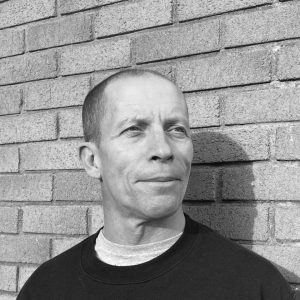 Bio
Bio
James is a 54-year-old father of two, husband of one. He lives and works in Devon,UK, running a sports club for local children and young adults in Willand.
He started fiction writing under the tutelage of Jenny Kane at her Imagine writing group in Cullompton.
He won the ‘Pen to Print’ 2022 short story competition, and ‘The Poster,’ has been shortlisted for their 2023 ‘Book Challenge Award.’
Apart from writing, James is a Masters weightlifter, a keen barbecuer, and an avid reader.
***
Happy reading everyone,
Jenny xx


